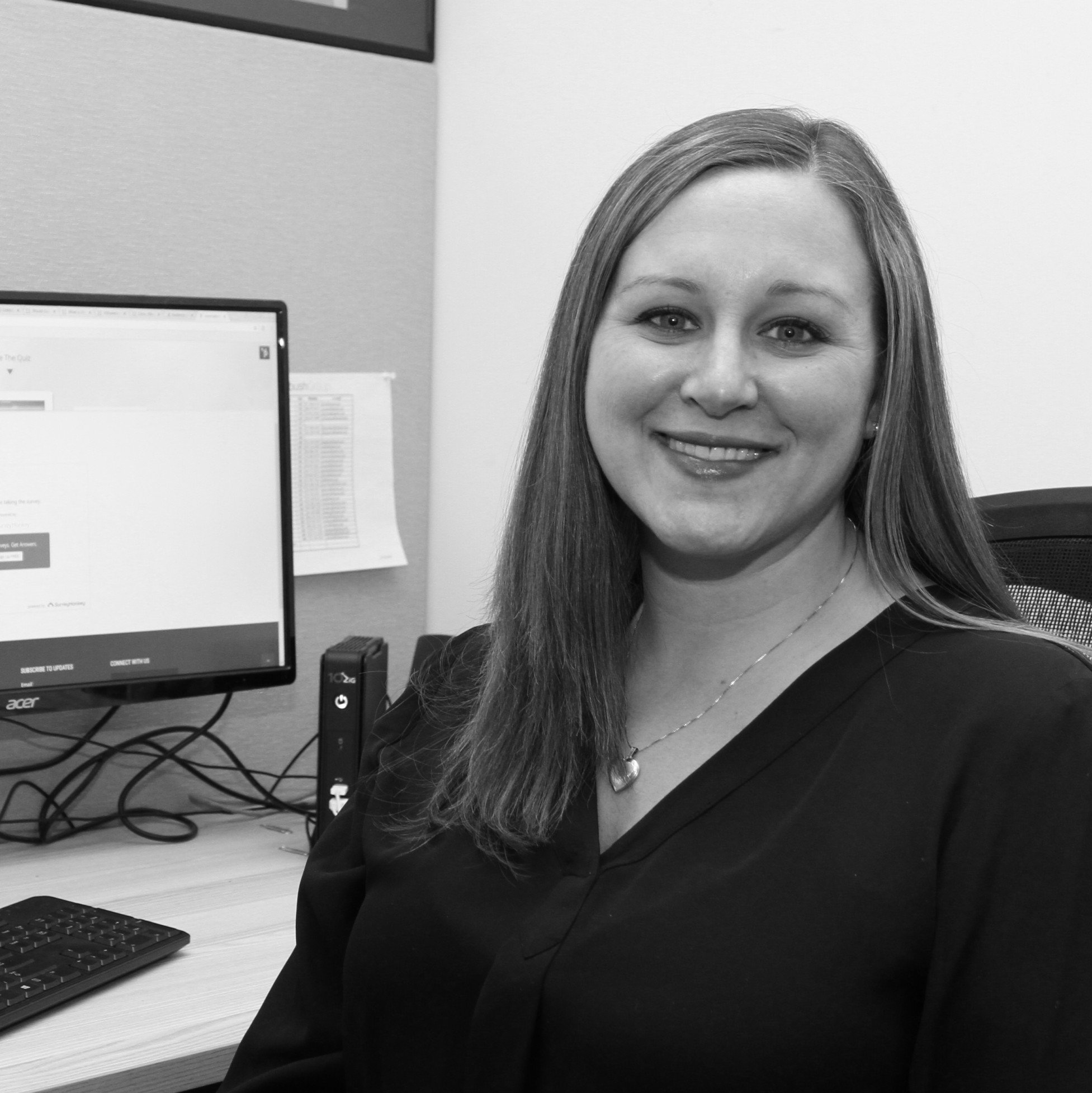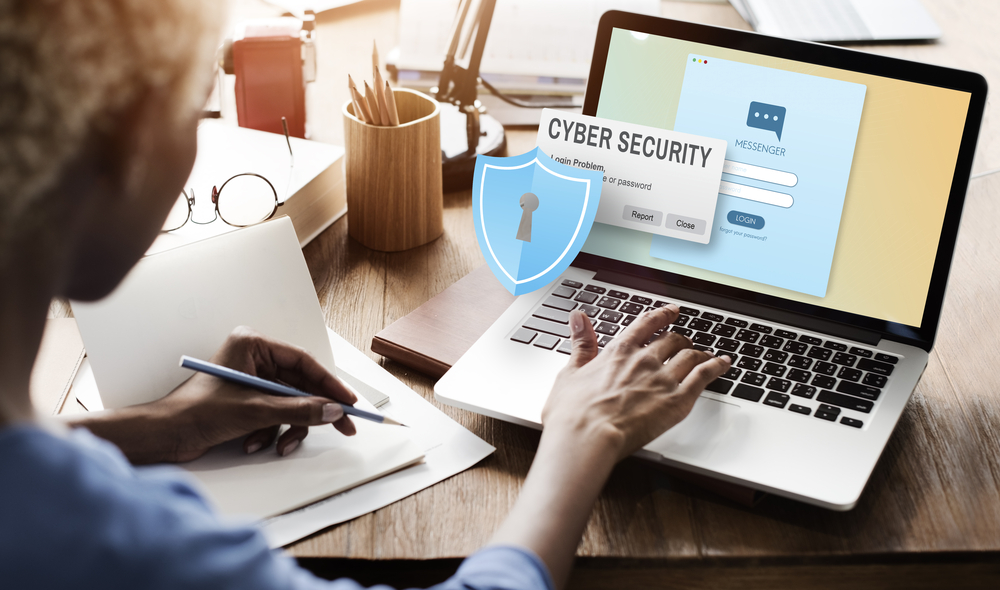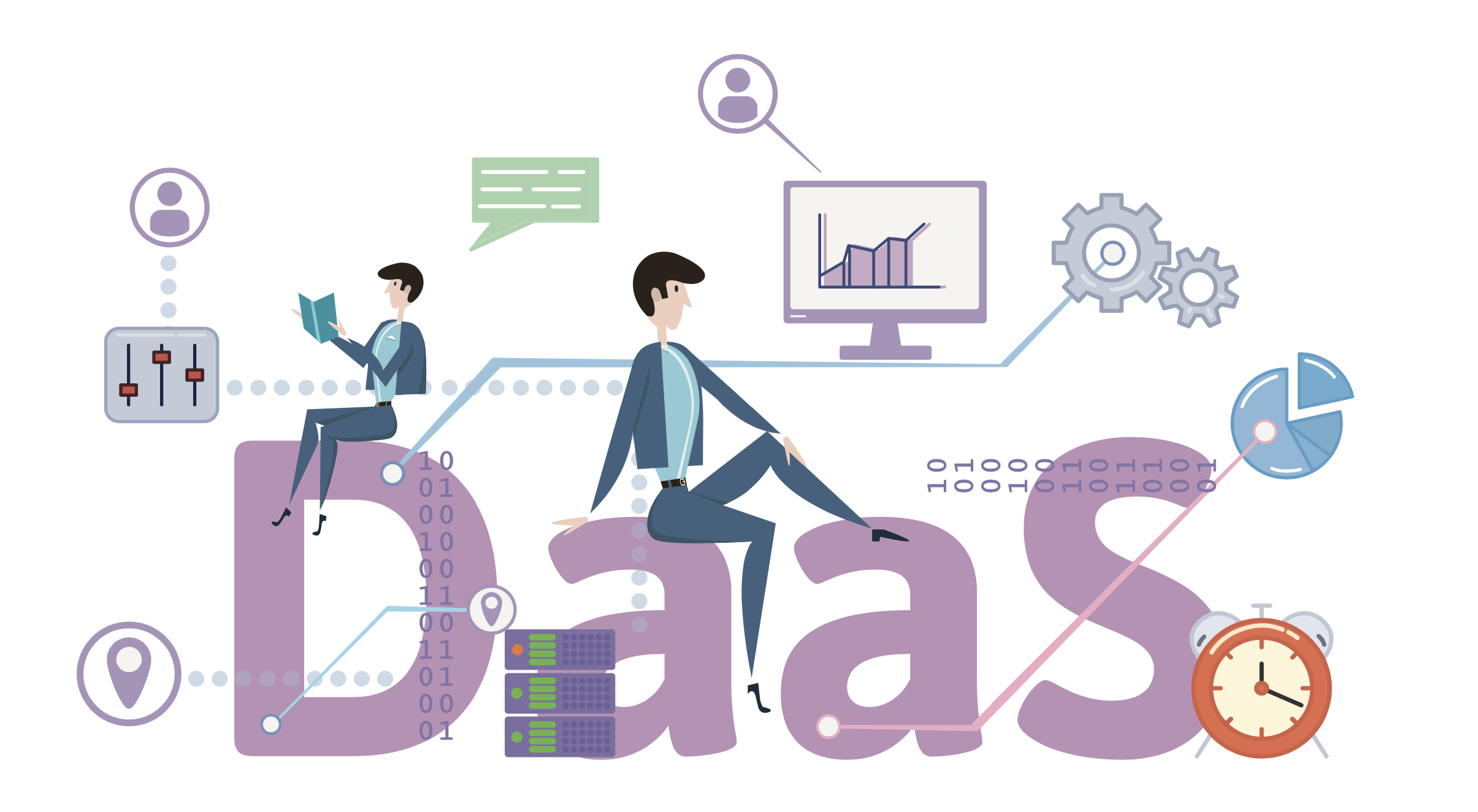Today, nearly everyone stores something in the cloud, whether it be photos, music, or documents. Cloud backs up your files, alleviates the need to purchase costly extra storage, and easily makes your files accessible from multiple devices. But one must take different factors into account when considering cloud for personal use versus cloud for professional use.












